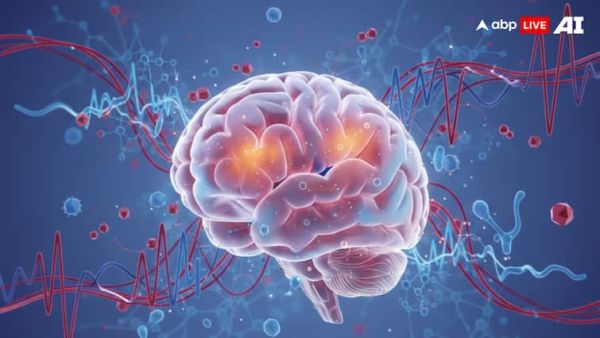
Diabetes or diabetes mellitus is a long-term metabolic disorder characterized by elevated blood glucose levels. Most food we eat is broken down into glucose to give us energy. Glucose enters a person’s bloodstream and travels to cells throughout the body after food digests.
The Link Between Diabetes And Stroke
For glucose to enter cells and provide energy, it needs a hormone called insulin. Diabetes occurs when one of our body organ known as pancreas does not produce adequate insulin or there is ineffective insulin action. Beyond its well-known effects on the kidneys, eyes, and heart, diabetes significantly increases the risk of stroke, a serious neurological emergency caused by disrupted blood flow to the brain.
People with diabetes are two times more likely to experience a stroke compared to those without diabetes. In addition, the risk of stroke associated with diabetes is higher in women than in men. The main reason lies is the accelerated atherosclerosis, a process where fatty deposits build up inside the arteries, narrowing them and making them prone to blockage or rupture. Also diabetes often coexists with other risk factors such as high blood pressure, obesity and high cholesterol which adds up to the overall risk.
Brain stroke occurs when blood supply to brain is cut off and brain is deprived of oxygen and nutrients leading to death of brain cells (neurons) within minutes. It occurs either due to clot in blood vessel (ischemic stroke) or rupture of blood vessels (hemorrhagic stroke). Each minute counts; we often say time is brain. Stroke is a medical emergency, timely intervention and treatment reduces mortality and disability.
Preventive Measures:
Prevention plays a key role. Strict control of blood sugar greatly reduces stroke risk. Regular physical activity (at least 150 minutes of moderate activity per week), a balanced diet low in saturated fats and refined sugars with whole grains, fruits and vegetables, quitting smoking, and maintaining a healthy body weight are essential lifestyle measures.
For those who have already suffered a stroke, effective diabetes management becomes even more vital to prevent recurrence. Continuous follow-up with your doctors, adherence to medications, and routine monitoring of blood glucose help reducing chances of stroke.
Dr Amlan Tapan Mohapatra is Consultant - Neurologist at Manipal Hospital Bhubaneswar
[Disclaimer: The information provided in the article is shared by experts, is intended for general informational purposes only. It is not a substitute for professional medical advice, diagnosis, or treatment. Always seek the advice of your physician or other qualified healthcare provider with any questions you may have regarding a medical condition.]
-
Much-loved charity shop announces exact date it will close in historic UK city

-
Kohli, Rohit chants echo at Adelaide airport as Team India arrives for 2nd ODI against Australia – WATCH

-
Kedarnath and Badrinath shrines glow amidst thousands of lamps on Diwali; BKTC organizes special event

-
Lidl planning to open new supermarkets in 486 UK towns and cities - full list

-
Arsenal latest: Gyokeres given warning by Arteta as 'unacceptable' incident slammed
